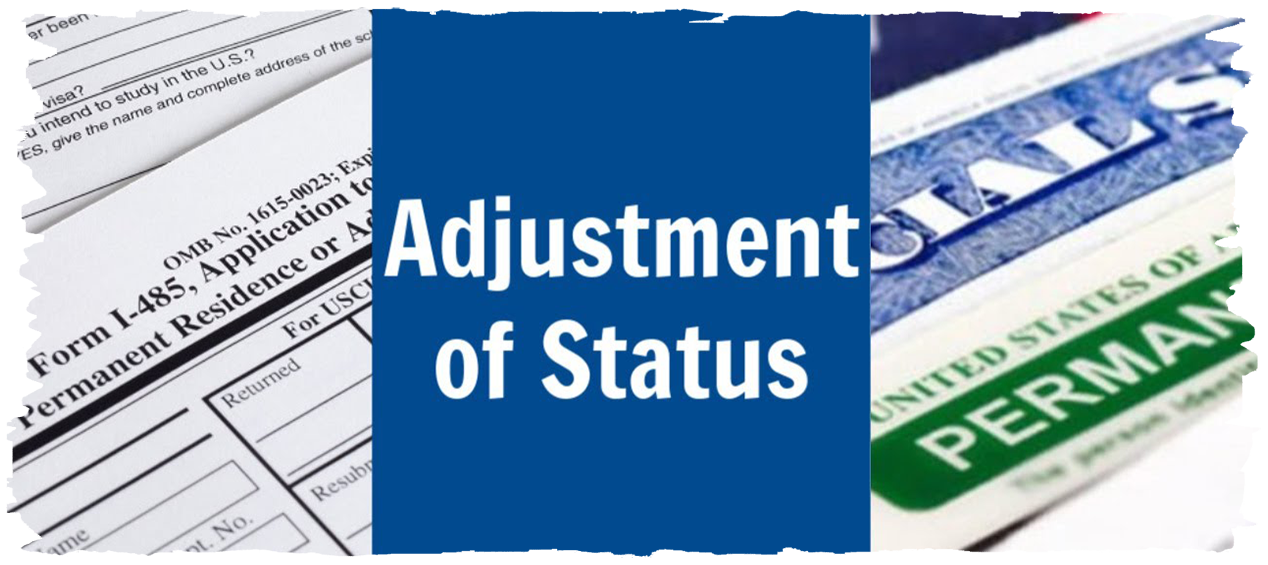The Immigration and Nationality Act (INA) permits the lawful change of an individual’s immigration status while in the U.S. from temporary (nonimmigrant) to permanent (immigrant) if the individual was inspected and admitted into the United States and meets all the required qualifications for a green card, which officially grants a person lawful permanent residence. The common term for this change is “adjustment of status,” or AOS.
Through AOS, an eligible person already in the United States can get a green card without having to return to their home country for visa processing. Many people obtain permanent residence through Family-Based Adjustment of Status in which a family member files a petition on their behalf. Immediate relatives of a U.S. citizen — including spouses, children under 21, and parents of citizens over 21 — can apply without any waiting period.
If you have a family member you would like to help immigrate to the U.S., you will need to file a Form I-130, or Petition for Alien Relative, for them. In order to sponsor a relative or future relative (like a fiancee or prospective adopted child) in this process, you will need to meet several requirements yourself. To help a family member immigrate, you must be one of the following:
- Citizen of the U.S.
- Permanent Resident of the U.S. (green card holder)
- A refugee who entered the U.S. as a refugee within the past 2 years
- A refugee granted asylee status within the past 2 years.
An approved petition does not grant any benefits, but simply puts you in line for visa processing. Immediate relatives of a U.S. citizen may be eligible to have this petition filed at the same time that they file a Form I-485, Application to Register Permanent Residence or Adjust Status (also known as “concurrent filing”).
After you send a family-based adjustment of status application packet to U.S. Citizenship and Immigration Services (USCIS), they will schedule an interview with your family member. This meeting will typically take place at your relative’s local USCIS office.
You (as the relative petitioning on their behalf) may or may not have to attend, depending on your relationship with your family member (note: if marriage-based, you will definitely be required to attend). An attorney can help explain any procedures or discuss legal issues with you, but you/your relative will need to answer certain questions at the interview.
If the adjustment of status is based on marriage, you will need to prove that the marriage is a good faith marriage, and not a sham for immigration purposes. So you will want to gather evidence that you have a true marriage, for example:
- Proof you live together (joint lease or deed, utilities, mail in both names)
- Joint Finances (bank accounts, credit cards, insurance, etc.)
- Photos Together (wedding, honeymoon, or any photos together)
- Correspondence between each other (emails, texts, letters while dating or married)
- Proof of Travel together (pictures, airline tickets, hotel reservations)
- Birth Certificates of children together
- Letters from people who know you attesting to the marriage
If approved, your family member will be given a formal letter confirming their approval and several weeks later will receive their green card in the mail. However, there are several nuances to the entire procedure and there are many factors that can affect how your case proceeds.
This is where it is helpful to have an immigration attorney to assist you and/or your family member with your Family-Based Adjustment of Status. Depending on your current status and your relationship to your loved one, you may have different forms to fill out or guidelines to follow. A mistake in this process can jeopardize your loved one’s ability to become a permanent resident of the U.S.
For reliable guidance in pursuing Family-Based Adjustment of Status, please schedule a consultation with us.


